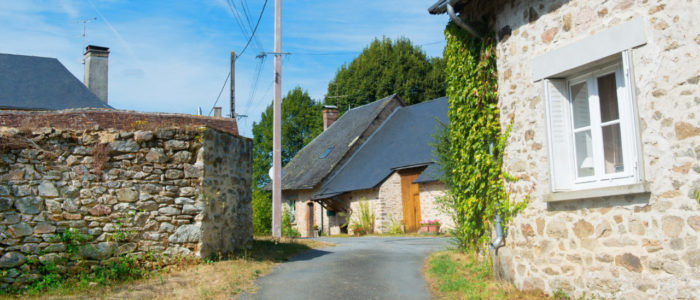BACK TO ROOTS ERASMUS PLUS KA2 PROJECT
Europe faces increasing and territorially differentiated demographic challenges. Ageing and depopulation will bring about changes in many regions, including rural and peripheral regions and lead to severe impacts for social and territorial cohesion, public service provision, labour market and housing. Migration mainly from less developed non‐EU countries constitute specific challenges and opportunities and also the past economic crisis, could provide an opportunity for a transition towards more sustainable and resource efficient economic structures if appropriate actions are taken. (European Territorial Agenda 2020)
CONTEXT
The project starts from an analysis carried out by Kairos, IFALL and Itaka on the effects of rural depopulation and new opportunities to address the problem. In fact, the partner has started a considerable wide network to link together realities experiencing similar issues to cooperate and support each other, having a clear idea of communities’ needs and creating sustainable activities for the entire area. The same principle could be adopted in more European terms and spread in different countries. The challenges present in such context are multilevel and touch different social and economic aspects, but also political and environmental, with the risk to leave entire areas of Europe completely abandoned.
OBJECTIVES
– to share best practices between organizations in Europe dealing with depopulation and rural development.
– to point out the main issues and topics arising from contexts of depopulation and their communities .
– to develop guidelines for local and educational authorities for the possible measures to prevent the phenomenon and its dynamics thanks to template of activities included in the final toolkit;
– training key figures (unemployed adults, workers and members of rural depopulated communities (or at risk of depopulation), operators and entrepreneurs working already in those contexts, policy makers in the field and members of local institutions, trainers and mentors in vocational guidance and employability) and stimulate them to develop and adopt new techniques concerning rural development.
– promoting multidisciplinary approaches in dealing with challenges present in these settings and empowering participants to work on their competencies and tools for social (and economic) change.
– pointing out good and bad practices in Europe.
– promoting the importance of EU values, democracy and citizenship
– building bridges between companies, institutions and authorities disseminating the toolkit developed.
– to promote conceptual tools for policy makers and entrepreneurship on start up business and actions for socioeconomic re-qualification activities.
– Raise awareness on the key role of cultural heritage in defining a European identity;
ACTIVITIES
– Creation of the web site and social media profile of the project
– Creation of a toolkit for organizations dealing with rural depopulated communities (or at risk of depopulation), operators and entrepreneurs working in those contexts, policy makers in the field and members of local institutions, trainers and mentors
– International training activity in Calabria, Italy, to test the toolkit and evaluate its potential, putting also in practice some activities, share best practices and perform a visit to a local village involved in rural development and repopulating activities.
– Local and international dissemination activities of the toolkit to reach more stakeholders, companies and institutions in the field of depopulation and rural development.
– Review and publication of the toolkit based on the feedback received
METHODOLOGY
-Helping people to build the knowledge, awareness and skills they need to succeed, with a focus on practical results.
-Acquiring new skills and establish an informal cooperation network stretching beyond national borders;
-Learn how groups can influence decision-making;
-Develop a multidisciplinary and contextual attitude\approach towards practical involvement in activities and projects focusing on rural development and sustainability.
-Encourage exchange among partners individuating main topics and subjects through the partners’ expertise;
-Increase knowledge of and insight into how contexts and group dynamics determines behaviours;
-To provide practitioners with an accessible explanatory framework for how repopulation, including international migration, benefit local employment and development, including service provision, democratic practice and heritage conservation.
RESULTS, IMPACT AND LONG TERM BENEFITS
To build up a network of organisations working with the target group for:
– sharing good practices on sustainable solutions for rural development
– develop new pathways in order to find tools to face the challenges posed by depopulation
– train the target group on how to promote business in economically depressed areas
– Building a stronger European identity through cultural heritage




